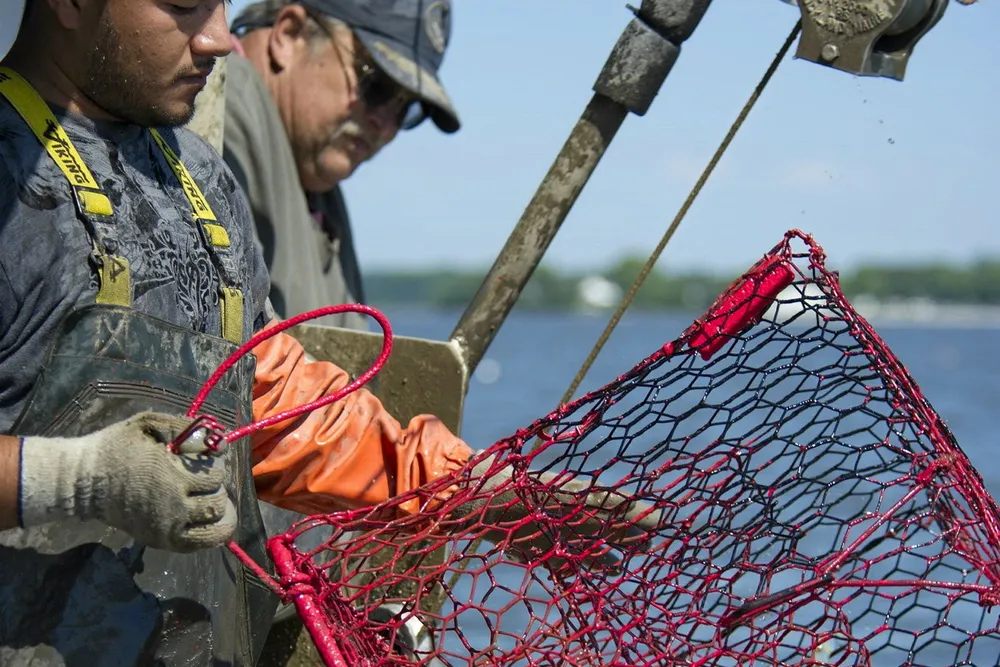US announces massive new Central Atlantic 2 offshore wind 'call area' to meet mounting demand
Federal regulator BOEM to begin process only a week after its $93m lease auction off Maryland and Virginia as states seek additional acreage for clean energy targets

With around 6.3GW of capacity, they fell far short of firming demand in the region that currently exceeds 23GW, and those states prompted the agency to open the process for a second round, according to the draft notification.
“Today’s announcement kicks off the process for a second potential auction in the Central Atlantic and provides an important avenue to solicit information as we identify potential areas that may be suitable for future offshore wind energy leasing,” said BOEM director Elizabeth Klein.
“BOEM looks forward to building upon years of working with ocean users, Tribal governments, and local, state, and federal agencies as we drive toward achieving the ambitious goals of the Biden-Harris administration to fight climate change and create good-paying jobs.”
President Joe Biden's target of 30GW of offshore wind capacity by 2030 is widely viewed as out of reach but has galvanised sector development, and the Central Atlantic lease sale was the fifth under his administration.
“A subsequent second auction in the Central Atlantic, will amplify progress already made on regional supply chain development and ensure East Coast states are able to achieve their offshore wind targets,” said Liz Burdock, CEO of industry group Oceantic Network.
The Central Atlantic 2 call area stretches from the maritime boundary separating North Carolina from South Carolina to the edges of the New York Bight WEA along New Jersey’s coastline.
BOEM noted that North Carolina requested 185,000 acres holding 3GW of capacity be made available to add to its existing 3GW Carolina Long Bay leases to help meet its 8GW by 2040 target.
Maryland requested between 95,000 and 250,000 acres with between 1.5GW-4GW likewise be offered in a new leasing round to meet its 8.5GW by 2031 mandate.
Call area designation is the first step towards commercial development. The area will likely be winnowed to address concerns of multiple other ocean users and stakeholders, including fisheries, coastal communities, and US military, which operates extensively throughout the region.
The Central Atlantic 2 call area is in shallow waters for fixed bottom foundations and may be a tacit recognition of the ongoing struggle to develop commercially viable floating wind solutions.
Central Atlantic 1 call area includes zones E and F, both in ultra deepwaters exceeding 2 kilometres, double even that off the coast of California and an order of magnitude deeper than the current range of floating wind projects.
Danish offshore wind intelligence firm Aegir Insights noted in a research paper that technical challenges of development at such depths would add substantially to levelised cost of energy. These areas are also over 200 km from the nearest ports, also raising costs.
BOEM noted, however, that Maryland has expressed interest in these areas that could lead to further action towards development.
(Copyright)